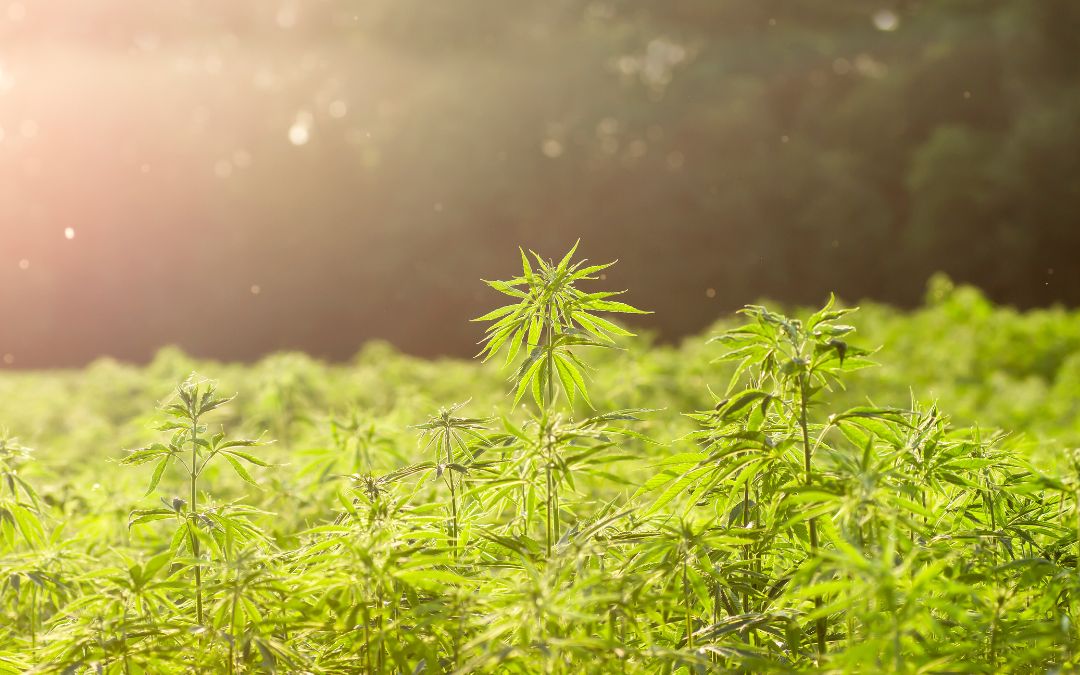Last time, we talked about the cannabinoids that are commonly being sold, including THC, CBD, CBG, and more. Now that we’ve covered some of the different cannabinoids found in the cannabis plant and their safety and effects, we’ll talk about safety when it comes to additional additives, hemp, and more.
Additional Additives
Product manufacturers like to add other, non-cannabis ingredients too. The most common seems to be Melatonin for sleep. While there are human data to support Melatonin for sleep, about 20% of users will experience vivid or disturbing dreams that interfere with sleep. Because of this, it is advisable that if you’re going to add Melatonin to your regimen you take it separately from the cannabis products.
Various other botanicals have been added to some cannabis products. I would advise avoiding these. Supplements in general have very little safety data behind them and we’ve seen some cannabis products lead to severe and potentially life-threatening complications due to the added botanicals.
Purposes
Unfortunately, most of the cannabis marketplace is founded on implied benefit. Meaning, since these products are not reviewed and approved by FDA, the manufacturer has no obligation to prove that they are safe or effective. They also are prohibited from stating that their product will treat any problem. They get around this restriction by implying benefit: they give the product a name like “sleep” that doesn’t say it will help with sleep but we all can read between the lines that they want us to believe it helps with sleep. This is just downright bull. Please don’t fall for it.
Only approved medications can say they help a particular problem and that’s because they’ve been proven scientifically to do so. Only clinicians can tell you if a particular ingredient or product could be of benefit to your condition(s). Do not believe manufacturers’ claims, nor take advice from dispensary personnel.
Hemp
You may have seen many of the cannabinoids we’ve discussed available now online or in shops that are not state-authorized dispensaries (like CBD stores or smoke shops). These products are derived from hemp – which is a variant of cannabis that does not make THC. For many stupid reasons hemp is now legal at the federal level, but it is not regulated in any fashion at present. This creates a source of cannabinoids for sale that may be contaminated with pesticides, heavy metals, or mold. They may be adulterated (deliberately) with opioids, benzodiazepines, or other things.
Further, hemp-derived cannabinoids can be transformed chemically into others like delta-8 THC or delta-9 THC or HHC (Hexahydrocannabinol), generally for the purpose of getting high. Some of these chemicals are new so we have no idea if they’re safe or what they might do besides getting you high. They could cause cancer – who knows!
The process for transforming cannabinoids, like CBD, into these intoxicating cannabinoids is not simple and requires use of a number of dangerous chemicals that can be left in the final product. The chemical reactions produce byproducts that can be found in the final product and could also be dangerous.
Manufacturers, in an attempt to assuage concerns, will often post a COA (Certificate of Analysis) for their products on their websites. Sadly, studies have found these to be unreliable – they may be inaccurate, they may be for a different product or batch, or the company may even just be making it up.
At present, without any regulation to protect against contamination of various sorts, hemp has created a dangerous free-for-all of products. There’s no way to sort any good ones from the bad, so please do not buy or use hemp-derived cannabinoids.
Bottom Line
The bottom line here is that you have to get your medical advice from a credible source and dispensaries and product manufacturers aren’t that. The fruit-salad of cannabinoids is largely unproven and only serves the seller’s interests.
Focus on THC for now. THC-A may be helpful in certain conditions. Avoid CBD. CBN may be helpful for sleep. Avoid hemp-derived products entirely. Ask your cannabinoid specialist your questions and follow their advice.
Consult with a Qualified Massachusetts Medical Marijuana Expert Today
Those considering using THC, CBD, or any type of medicine found in cannabis to help manage their condition should consider speaking to a trained medical expert who is knowledgeable about using cannabis therapeutically.
Massachusetts medical marijuana doctor Jordan Tishler, M.D. sits on the faculty of Harvard Medical School and has years of experience helping patients treat pain and other ailments using cannabis. He and the team at inhaleMD stand ready to assist patients in determining whether medical marijuana is right for them.
For more information, or to set up a virtual consultation with the team at inhaleMD, call us at (617) 477-8886 today.

